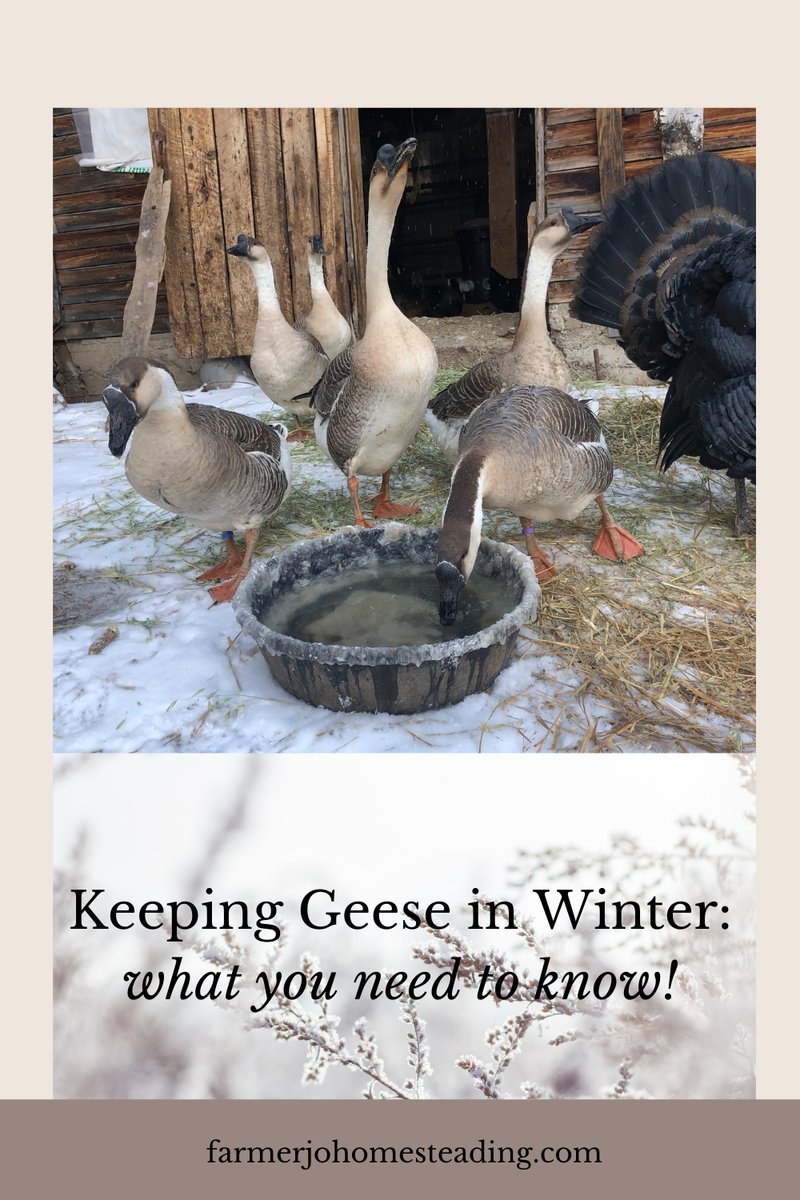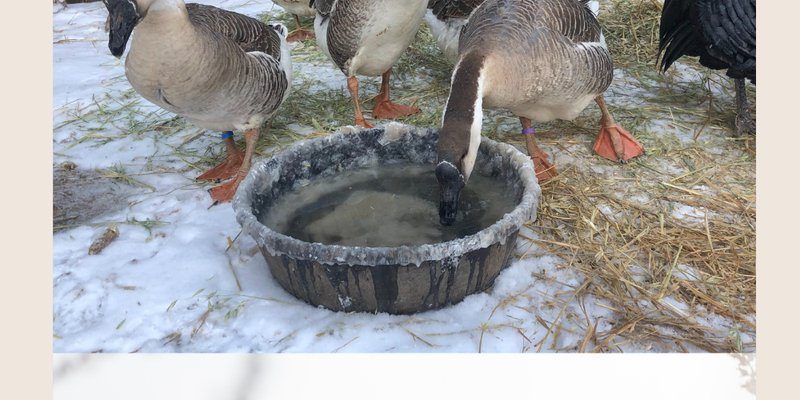
In this guide, we’ll explore seasonal care tips for geese that will help you keep your feathered friends healthy and happy. From providing cozy winter shelters to ensuring they stay cool in the summer heat, I’ll walk you through everything you need to know. So grab a cup of coffee, and let’s dive in!
Understanding Goose Needs in Different Seasons
Geese are resilient creatures, but their needs change with the seasons. Think of it like wearing different outfits for different weather—what works in the sunny summer won’t cut it during the chilly winter.
In summer, geese are all about staying hydrated and cool. You’ll notice them in the water more often, splashing around and enjoying the sunshine. On the flip side, winter requires a focus on warmth and shelter, ensuring they have a safe place to escape the cold. This seasonal change means you’ll need to adjust their diet and living conditions, which is crucial for their overall health.
Summer Care Tips for Geese
During the summer, your geese will be quite active, and it’s essential to help them maintain their energy levels. Here’s how:
1. Provide Fresh Water
Water is the lifeblood of summer for geese. They need constant access to clean, fresh water. Ideally, a pond is best, but if that’s not available, a kiddie pool works wonders. It’s like their summer oasis!
Make sure to change the water frequently to prevent it from getting too dirty, which can lead to health issues. You might be wondering how often to change it; at least once a day should do, and if you see them wading in it, consider a refill!
2. Shade and Shelter
Just like you wouldn’t want to fry in the sun all day, geese also need breaks from the heat. Providing shaded areas with trees or tarp-covered spots is crucial. These shaded retreats are their safety net against overheating and sunburn.
Additionally, ensure they have shelter to escape any sudden summer storms. A sturdy barn or a simple shed can be their safe haven when the weather gets wild.
3. Balanced Diet
During summertime, geese love munching on greens. You can provide fresh grass, leafy plants, or commercially prepared goose feed. Think of it as their summer salad bar!
It’s also a good idea to supplement their diet with grains and seeds for extra energy. However, avoid overfeeding as obesity can be a problem—balance is key!
Winter Care Tips for Geese
When winter rolls around, you’ll need to shift gears to keep your geese warm and safe from the cold elements.
1. Insulated Shelter
In winter, the *right shelter* is your first line of defense. An insulated, draft-free barn or coop is essential. Consider it their cozy cabin in the winter woods!
Make sure to use straw or hay as bedding for extra warmth and comfort. This bedding not only keeps them warm but also absorbs moisture, preventing health risks. Check the shelter regularly to ensure it remains free of drafts.
2. Healthy Winter Diet
Geese need more energy in the winter to keep their body heat up. Their diet should include high-quality grains and seeds, along with some fresh vegetables. Think of it like fueling a furnace—the more energy they have, the better they can cope with the cold.
Incorporating warm mash (a mix of grains with water) can also help keep their bodies warm and provide hydration.
3. Adjust Water Access
While they still need water in winter, frozen water sources can be a real headache. It’s crucial to provide fresh water daily. You might want to use heated buckets to keep the water from freezing over. It’s a bit of an investment, but it means happier, healthier geese.
Make sure to keep an eye on their water supply, especially during those freezing nights. Just like us, geese can get cranky without hydration!
Monitoring Goose Health Year-Round
No matter the season, keeping an eye on your geese’s health is paramount. Here are a few recommendations:
1. Regular Check-ups
Taking the time to inspect your geese regularly is like doing routine maintenance on your car. You want to catch any potential issues before they become big problems.
Look for signs of illness—like lethargy, changes in appetite, or unusual droppings. If anything seems off, it’s best to consult a vet experienced with birds.
2. Social Interaction
Geese are social creatures. Isolation can lead to stress and behavioral issues. Spend time with them, whether it’s just talking or letting them roam freely in a safe area.
It’s essential to keep their minds engaged. Providing toys or new environments to explore can make a significant difference in their happiness!
Caring for geese through the changing seasons might sound like a big task, but think of it as a rewarding journey. Each season brings its own quirks and joys, and with these care tips, you’ll be well on your way to creating a thriving environment for your flock.
By focusing on their needs—whether it’s keeping cool in the summer sun or snug in the winter chill—you’re helping these remarkable birds live their best lives. It’s a bit like being a good friend to them, ensuring they have what they need to flourish year-round. So get out there, enjoy the company of your geese, and soak in the delightful experience they bring to your life!

